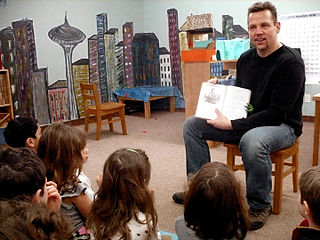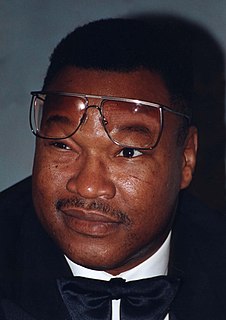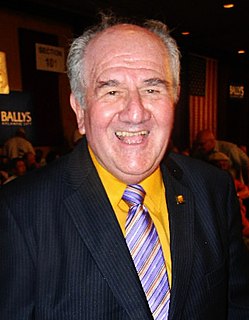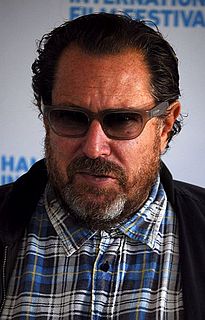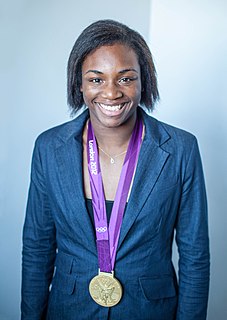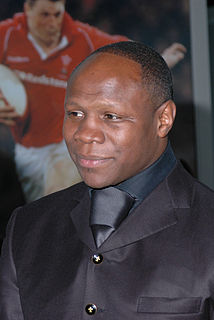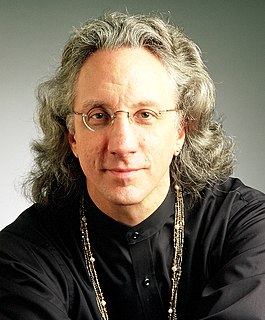A Quote by Don Roff
It’s hard to land a devastating jab/cross/hook/uppercut combo to your reader’s imagination when you’re telegraphing your punches.
Quote Topics
Related Quotes
Fighters DON'T know how to jab. You take Roy Jones, for instance. He paws his jab. He throws it out, it don't land. And then he'll hit you with a left hook, hit you with a right hand. But he doesn't really know the jab. A guy needs to learn the jab, know the jab, and use the jab. And these guys don't do it today.
Your imagination is the single most important asset you possess. Your imagination is your power to create mental pictures of things that don't exist yet and that you want to bring into being. Your imagination is what you use to shape your future. And so in your own way, you are a prophet. You generate countless predictions every day. Your imagination is the source,tirelessly churning out mental pictures of what you'll be doing in the future.
I feel really strongly about not wanting to overly guide the reader about what he or she should think. I really trust the reader to know for themselves and not to need too much. You have your own imagination, your own experiences, your own feelings, and a novel wants ultimately to ask questions. It doesn't assert anything, or shouldn't, I think.
